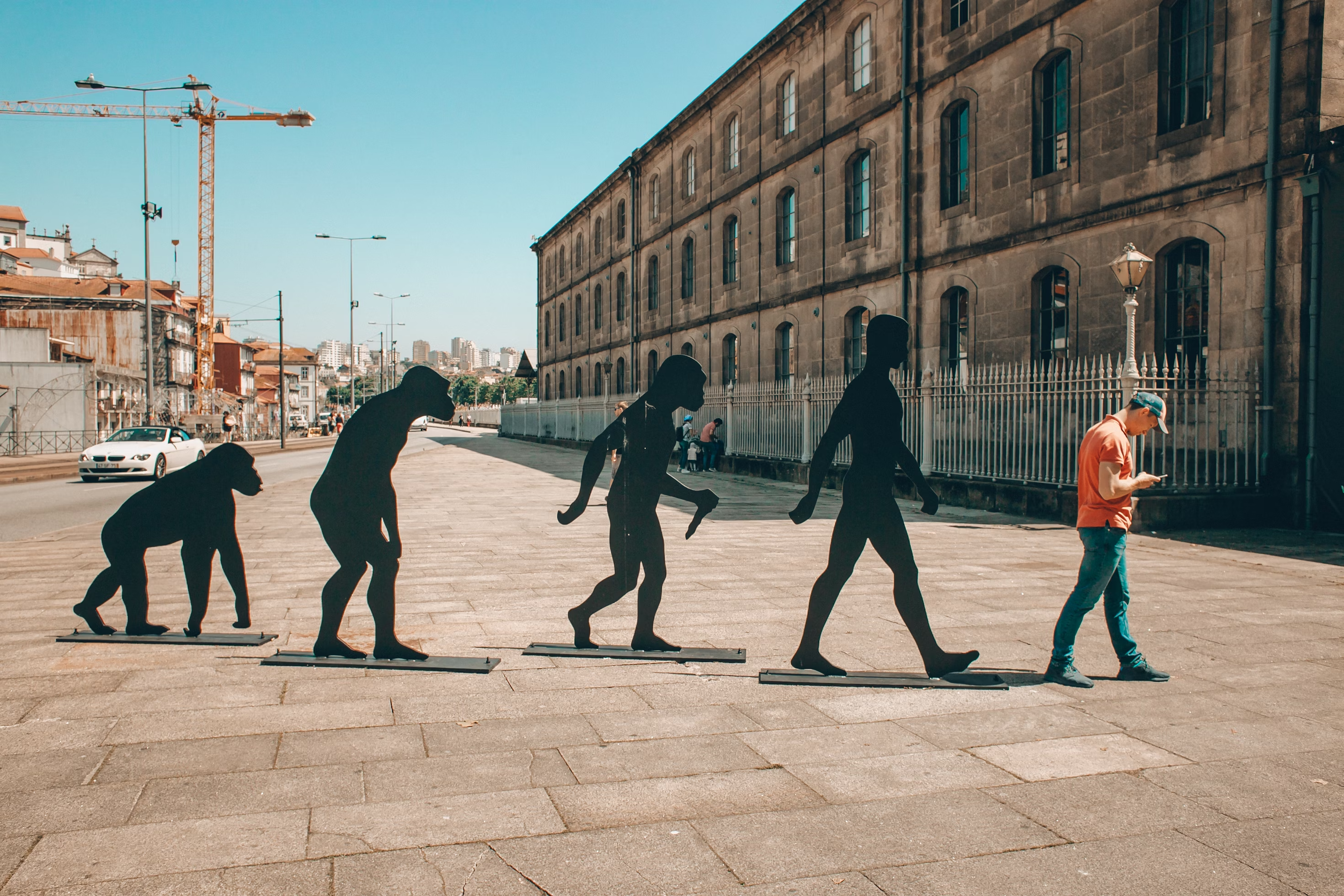
New study recreates key step of eukaryotic evolution in the lab
Jen Jiang reports on a new study involving the induction of endosymbiosis to investigate a key step of eukaryotic evolution.

Jen Jiang reports on a new study involving the induction of endosymbiosis to investigate a key step of eukaryotic evolution.

Olivia McGinnis discusses a recent study highlighting the relevance of genetic transposons in the evolution of tail loss.

Laura Santamaria Perez explores the way pathogens mimic human biology to disguise themselves from the immune system.

Ayaka Hogg discusses Jenny Kendler’s ‘Tell it to the Birds’, bird conservation efforts, and the role of installation art in conservation.

Alice Peabody reports on the varied effects of climate change that we are already seeing on global insect populations.

Joe Boyle explores the impact of non-human charisma on conservation efforts for specific species, even when the “species” do not exist.

Matthew Sutton reports on the 2023 implementation of the landmark high seas treaty by the United Nation after decades of negotiation.

Amy White explores the challenges that hinder the lives of fig trees, and what this means for our perspectives on harvesting trees.

Paris Jaggers examines the complex realm of animal dreaming, juxtaposing scientific and philosophical perspectives.

Oxytocin’s role in human bonding is well-known – so well-known that the first hormone ever to be sequenced is now the go-to science jewellery gift for geeks everywhere. Its role in childbirth and mother-child bonding was first elucidated at the dawn of the 20th century, and since then its profile in popular culture has grown…